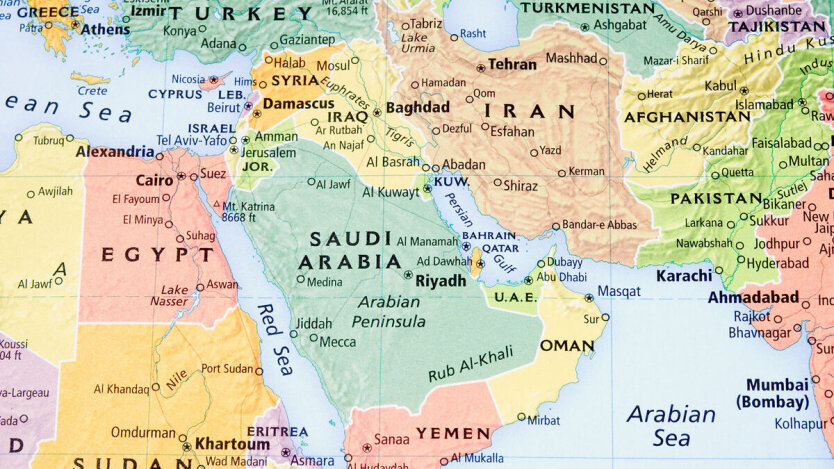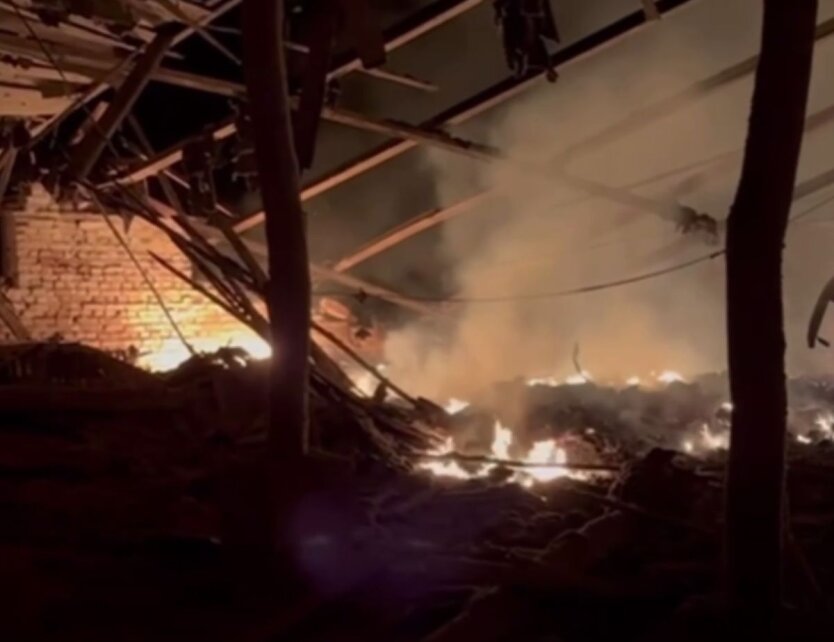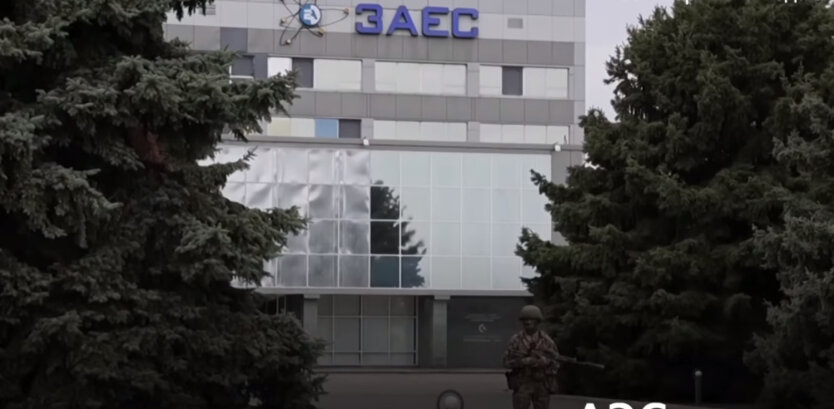Biden's Policy to Prevent Escalation in the Middle East Led to the Opposite Effect — WSJ.


According to Walter Russell Mead, columnist for The Wall Street Journal, representatives of U.S. President Joe Biden are urging all sides in the Middle East to calm down and reduce violence levels. But their calls are not finding a response. Nevertheless, the Biden administration continues to do everything possible to prevent further expansion of the war.
The columnist notes that Biden has failed to engage Iran in a nuclear deal with the U.S., launch a new Israeli-Palestinian dialogue, stop the civil war in Sudan, compel Saudi Arabia to establish diplomatic relations with Israel, and regulate the war in Yemen. All these attempts have been unsuccessful.
For almost a year, Biden's team has tried to achieve a ceasefire between Israel and Hamas through diplomatic efforts. The administration has welcomed progress but acknowledged that the chances of securing a deal are slim.
The columnist concludes that the Biden administration seeks to continue its influence in the Middle East while reducing its presence. However, he emphasizes that the conflicts Biden hates are a consequence of his policy. The reduction of U.S. influence as they withdraw from the region leads to the spread of conflicts.
Source: ZN.UA
Read also
- A category for documenting damaged non-residential properties has appeared in the Damage Register
- Nuclear safety at risk: the only backup line of the Zaporizhzhia NPP has been disconnected for over a week
- Enemy Losses as of May 16, 2025 – General Staff of the Armed Forces of Ukraine
- The Space Policy Directorate will operate in three strategic directions - Ministry of Defense
- Russia is extensively using space technologies in the war against Ukraine - Ministry of Defense
- Front Line as of May 15. Summary of the General Staff










